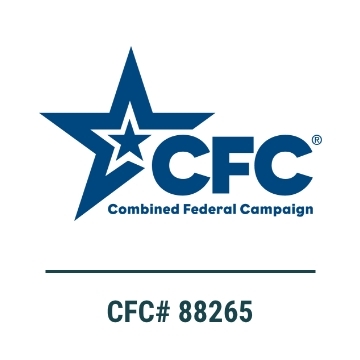Must-read advice for anyone headed to an IEP meeting
Disability Scoop’s original series, Scoop Essentials, features a Q&A with special education attorney Marcy Tiffany of the law firm Wyner & Tiffany on the rights of students with disabilities.
Since the enactment of the Individuals with Disabilities Education Act (IDEA) in 1975, students with disabilities have the right to a free appropriate public education (FAPE). Accordingly, each student deemed eligible for special education has his or her own individualized education plan known as the IEP. But things can get sticky when parents and school staff sit down at so-called IEP meetings to decide what’s needed to educate a student.
Disability Scoop: Tell us about the work that you do.
Marcy Tiffany: I represent students with disabilities in an educational context. I deal with school districts and assist parents in developing appropriate IEPs. If that doesn’t work, I represent parents in mediation and due process hearings and also in federal court proceedings.
Disability Scoop: If you’re a parent of a student with a disability, what should you expect from the IEP process?
Marcy Tiffany: School districts are obligated to provide a free appropriate public education (FAPE). This includes an annual IEP that includes goals and objectives that are measurable and that address the student’s areas of need.
Given the financial constraints most school districts suffer under and the chronic lack of full funding of the IDEA, there’s an inherent tension between what the student really needs and what resources are available to the school district. Understanding that this is at the root of many of the difficulties in the IEP process is important. It’s not that the school district doesn’t want to serve the children, it’s that they don’t have money.
Disability Scoop: What rights do students have that families are often unaware of?



























